|
|
|
Editor's note
|
|
It's rare among mammal species for fathers to be actively involved in caring for their young. Mountain gorillas are among those that buck the trend - they even care for infants that aren't their own. Stacy Rosenbaum explains why and how it ensures these males end up fathering more infants.
Algeria's grim revolutionary war, which started in 1954 and ended in 1962 when France granted the North African nation its independence, had an enormous influence on many thinkers and politicians. These included Nelson Mandela and Frantz Fanon. Charles Villet describes what the two men learned, and how their application of those lessons diverged.
The guns have largely fallen silent in Africa in recent times, though some pockets of the continent are still wracked by armed conflict. In a special collection of articles you may have missed, Alexander N Hasenstab outlines why aid workers need protection to continue their vital task of providing lifesaving assistance to people in conflict zones. Alexander Gilder, meanwhile, argues that using UN
troops to make countries more stable can be a risky business. Lisa Otto says if African countries are really serious about maritime security, regional communities must implement the laudable strategies they have on paper. And Andrew Edward Tchie reflects on the latest agreement to end five years of fighting in South Sudan, Africa’s youngest state.
|
Moina Spooner
Commissioning Editor: East Africa
|

|
|
Top Stories
|
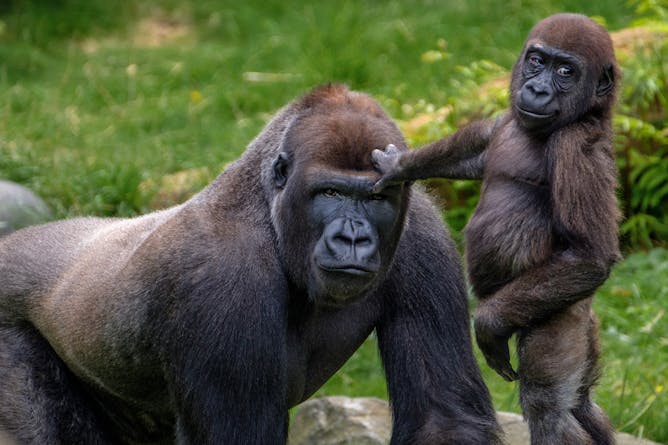
Some male gorillas regularly hold, play and groom infants.
Frank Cornelissen/Shutterstock
Stacy Rosenbaum, University of California, Los Angeles
Male gorillas who spend more time with infants are expected to sire about 5 times more babies.
|
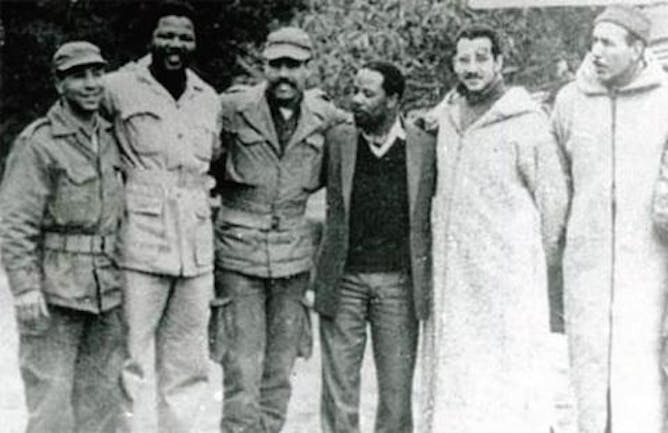
Umkhonto weSizwe founder Nelson Mandela, receives military training at an Algerian FLN camp in Morocco, 1962.
South African History Online
Charles Villet, Monash University
The Algerian revolution had a profound effect on both Mandela and Fanon's thinking about colonisation, oppression and freedom.
|
Peace + Security
|
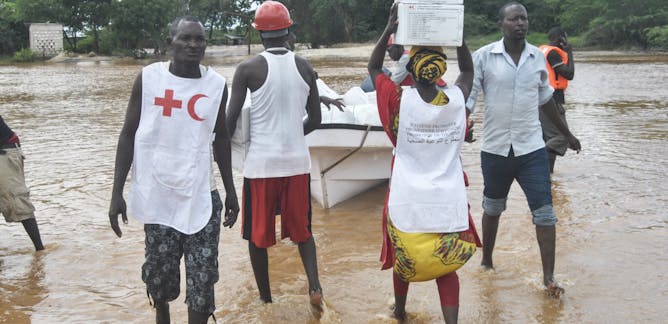
Alexander N Hasenstab, University of Portsmouth
The security of local aid agency workers on the front line hasn't been prioritised.
| |
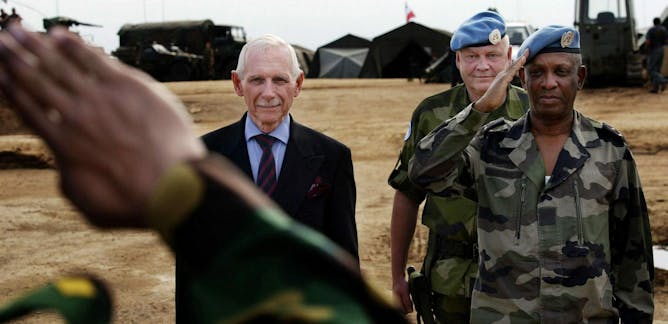
Alexander Gilder, City, University of London
The UN promotes local ownership in peace building, which is difficult to achieve.
|
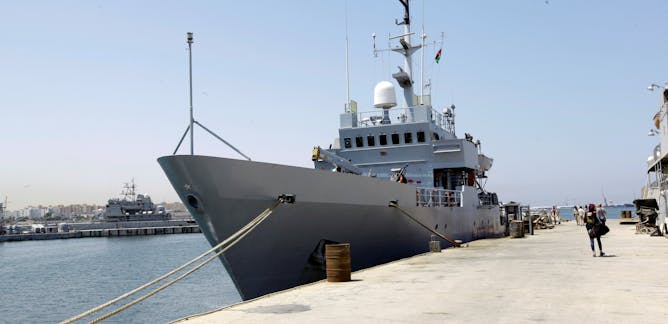
Lisa Otto, University of Johannesburg
If African countries and their regional bodies want to reap substantially from the blue economy, then it's time for the continent to invest heavily in securing its maritime resources.
| |
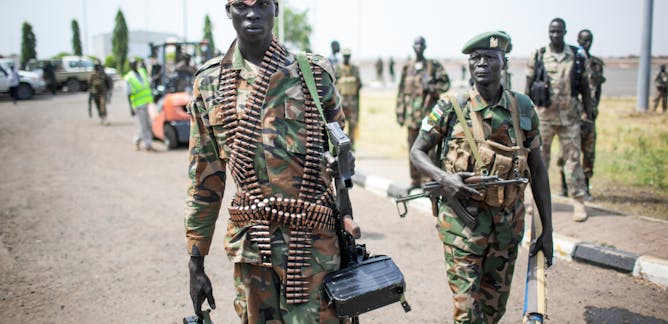
Andrew Edward Tchie, University of Essex
As pockets of conflict continue to destablise South Sudan, much hope has been placed on the most recent peace deal.
|
|
|
Science + Technology
|
-
Ntombizikhona Beaulah Ndlovu, iThemba LABS
Neutrons can penetrate through matter, which means they can be harnessed for all sorts of important work.
|
|
Education
|
-
Carolyn McKinney, University of Cape Town
Reading involves more than decoding letter-sound relationships and making meaning from isolated texts.
|
|
From our international editions
|
-
Federica Genovese, University of Essex
Climate change conferences can be bewildering. Here's a recap of how we got here, what to look out for at COP24 and what comes next.
-
Tony Walker, La Trobe University
In the wash-up of the G20 meetings, it seems China has come away with the better deal – at least for now.
|
|
| |
| |
| |
| |
Would you like to republish any of these articles?
|
|
It’s free to republish, here are the guidelines.
Contact us on africa-republish@theconversation.com in case you need assistance.
|
| |
| |
| |
| |
|
|
|
|
|
|
|